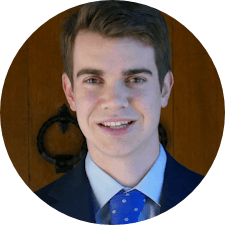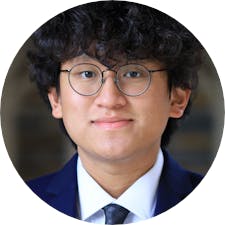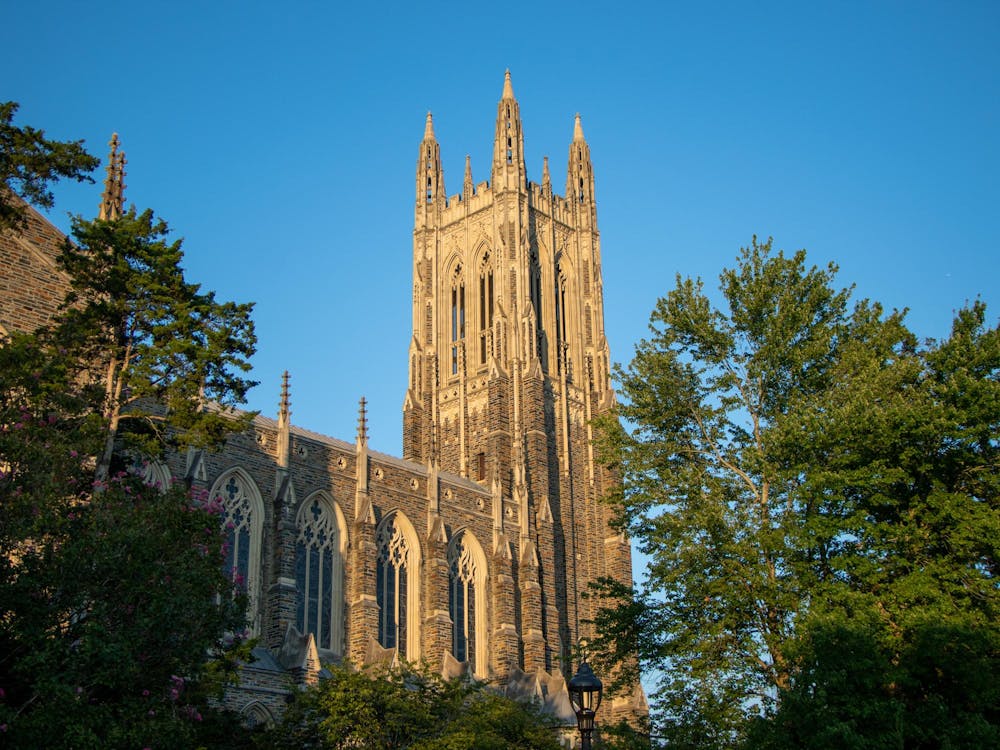Duke professors discussed trust in higher education, free speech on campus and institutional neutrality at a Saturday panel hosted by Friends for Free Speech and Intellectual Diversity at Duke.
Panelists included Nita Farahany, Robinson O. Everett distinguished professor of law and professor of philosophy, Timur Kuran, professor of economics and political science and Gorter Family professor of Islamic studies, David Schanzer, professor of the practice in the Sanford School of Public Policy and Eric Mlyn, distinguished faculty fellow in the Kenan Institute for Ethics.
John Rose, Divinity School ‘10 and associate director of the Civil Discourse Project, moderated the event, which took place in the Holsti-Anderson Family Assembly Room.
“Duke has a long tradition of free speech and intellectual diversity dating back to the Bassett Affair on campus more than 100 years ago,” said Peter Kahn, Trinity ‘76, who introduced the panel. “If there's ever a time to honor and reinvigorate those ideals, it is now — as part of Duke’s centennial celebration at a critical time for higher education.”
Kahn noted that the panelists’ views were “strictly their own,” and did not necessarily represent those of the University.
Declining trust in higher education
Rose began the panel by citing a decline in trust in higher education in the U.S., referencing a Gallup poll that found the portion of Americans with “a great deal or quite a lot of trust” in universities declined from 57% in 2015 to 36% in 2023.
“The university now is an institution not that seeks the truth, but that claims that it knows the truth and sees its core mission as making others see the light,” Kuran said.
He cited reservations of inviting conservative and moderate speakers among faculty, who fear “broach[ing] certain subjects” out of a fear of cancellation. Due to this fear, Kuran says the “self-regulation that the university had in the past no longer exists.”
Kuran pointed to other factors which he viewed as emblematic of the shift in the role of higher education.
“Nothing symbolizes this shift in the mission of universities as the … DEI statements that they now require of employees and applicants,” Kuran said. “This signals to everyone inside and outside the university that certain ideas [and] certain values are promoted … and they’re not to be challenged.”
Schanzer attributed the decline to the rise of populism on the political right that casts universities as part of the “establishment organization,” making them more of a target than before.
Mlyn expanded on this trend further, noting that right-wing populism is rising across the globe. He said the targeting of universities was becoming a “model for conservatives in the United States and Hungary,” referencing when the Hungarian government forced the Central European University to move its main campus to Vienna, Austria in 2018.
Schanzer, Mlyn and Farahany all felt that throughout their careers in academia, they’ve noticed a decrease in open dialogue and diverse viewpoints.
Farahany noted changes in student feedback over her time teaching criminal law. She pointed out that unlike a decade ago, when she shows criminal suspect lineups, some students comment on “a lack of” or “too much” diversity. These lineups, Farahany explained, do not express a viewpoint — they reflect real-life cases.
“I still as a chair — a tenured faculty member — feel like I can speak my mind,” Farahany said. “But I have plenty of students in the law school who come to me and tell me they can’t, that they’re afraid to speak, and that means it’s become an easy, ripe target to erode trust and a broader effort to erode trust generally in institutions and trust in this country.”
Institutional neutrality
Rose asked the panelists whether universities, and Duke in particular, should adhere to institutional neutrality and refrain from taking political positions on current issues.
Mlyn answered “maybe,” prompting laughs from the audience. He said that the Kalven Report, the commonly cited statement describing the University of Chicago’s “role in political and social action,” outlines that the university should be neutral on all issues unless “their very mission is threatened.”
“At this moment in American politics, liberal democracy is fundamentally threatened,” Mlyn said, arguing that universities wouldn’t exist without liberal democracy. “… I believe universities should be speaking out against Trumpism, against right-wing populism, which are very much a threat to our mission.”
He did, however, caution that such an approach shouldn’t be partisan, saying President Vincent Price faces a “conundrum” where one of the political parties is “anti-democratic.”
Farahany noted that the decision surrounding “which things are immoral or cross the line” is itself a reason to commit to institutional neutrality.
“For an institution to come out and say, ‘We are opposed to the political process, to Trump, to potentially half of our student population and [alumni] and what they stand for’ — I think that’s really troubling and problematic,” Farahany said. “And so maybe the right answer, given that perspective, really is institutional neutrality.”
Mlyn added that his argument “does not mean that Donald Trump shouldn’t come speak on our campus.” According to Mlyn, “university presidents making statements on certain issues” does not prevent people from feeling free to disagree.
Kuran argued for a stricter interpretation than Mlyn’s, saying that taking positions on controversies that are “part of the culture wars” would delegitimize the university. He said this would create a pretext for state governments to begin regulating public universities and for alumni to begin pressuring private universities to regulate speech and academic freedom.
Acknowledging the appeal of neutrality, Schanzer pushed back, saying that if the purpose of universities are to seek truth, they should take stances as “truth is under assault in our politics.” He used climate change as an example, saying that the university should take a stance on recognizing climate change as real despite it being a “politically controversial issue.”
“I think the university has to be in favor of truth as best we know it, so we should be saying climate change is real and therefore investing in programs to combat climate change, to do the kinds of research that needs to be done to help save our planet,” he said. “We should be teaching students the truth on that issue, even if it's perceived as being political.”
Mlyn agreed, saying that universities shouldn’t take stances on issues where “reasonable people may disagree” and that climate change is an issue where “reasonable people don’t seem to disagree on this.”
Mlyn’s comment provoked reactions in the audience, which Farahany pointed out as a “reason why we shouldn’t be taking positions because reasonable minds disagree on a lot of different issues.” Instead, Farahany stressed that universities should be focused on producing the research and evidence that can inform the public debate.
Get The Chronicle straight to your inbox
Signup for our weekly newsletter. Cancel at any time.

Michael Austin is a Trinity junior and managing editor of The Chronicle's 120th volume.

Jazper Lu is a Trinity senior and centennial/elections editor for The Chronicle's 120th volume. He was previously managing editor for Volume 119.

